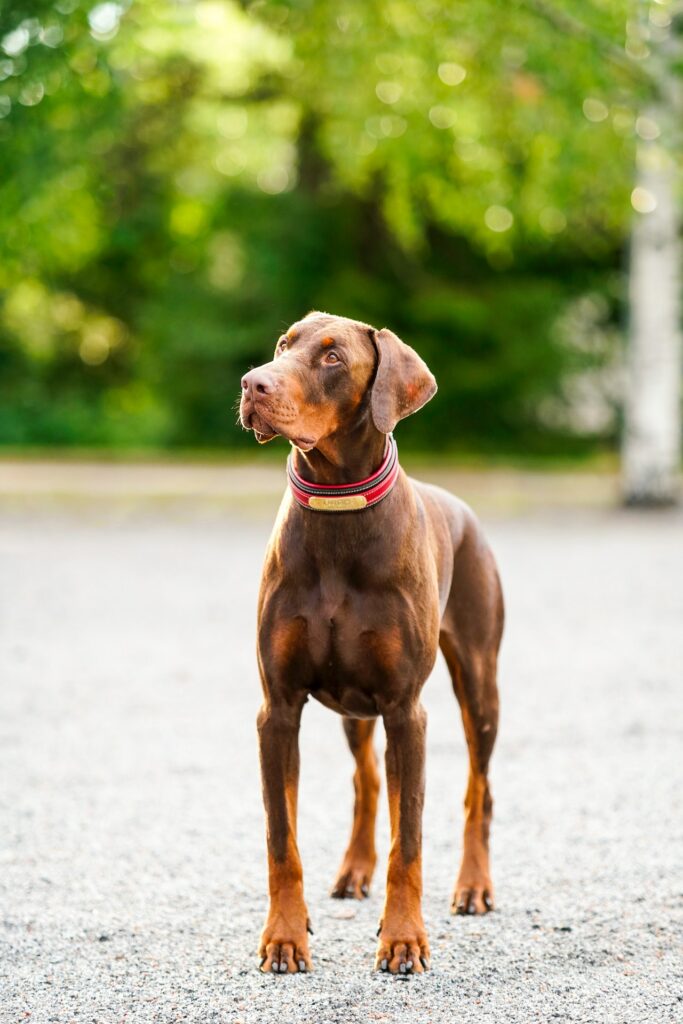Why House Training a Dog Can be Difficult: Tips and Techniques to Tackle the Challenge
House training a dog can be one of the most difficult challenges for any pet owner. If you’re struggling to get your pup to learn the correct behaviour, you’ve likely asked yourself, why won’t my dog house train? In this article, we’ll discuss why some dogs struggle with house training and how you can tell if it’s a problem for your dog. We’ll also provide tips and techniques to help them learn the correct behaviour, so you don’t have to keep asking why my dog house won’t train anymore! Read on to learn more about why house training a dog can be difficult and how best to tackle this challenge.
Why Won’t My Dog House Train?
House training your pup is one of the most important responsibilities that come with being a pet parent. Not only does it make life easier for you and your dog, but it also prevents many messes and accidents inside your house. If you’re having trouble trying to house-train your pup, it may be due to one or more of the following issues.
Common Reasons Why Dogs Don’t House Train
There are several reasons why dogs don’t house train properly, whether puppies or adult dogs. Understanding the root cause of why your pup won’t house train is essential to rectify the problem. Below are some of the most common causes of why dogs don’t house train:
Lack Of Consistency:
It’s incredibly important to maintain consistency when teaching your pup proper house training etiquette. Make sure everyone in your household is helping with the process by rewarding and praising good behaviour and correcting bad behaviour when needed. Establishing a schedule for potty breaks will also help create a more consistent environment for successful potty training.
Lack Of Patience:
Housebreaking isn’t something that happens overnight, so patience and understanding are key when working with your pup on its potty training journey. You can expect an accident here and there during lesson time, but remain calm and never punish your pup if they make a mistake—it’ll only discourage them from wanting to learn any further.
Medical Issues:
If you feel like you’ve exhausted all other avenues for why your dog won’t house train, it might be time to have them checked out by their vet to rule out any medical problems that could be causing accidents inside the home. Certain medical conditions can lead to incontinence in older dogs or infections in younger ones, which can interfere with successful potty training efforts at home.
Reinforcement Techniques That Can Help
For successful housebreaking, positive reinforcement techniques should always be used instead of punishment or yelling at them whenever an accident happens inside the home. Remember that even though dogs are intelligent creatures who want nothing more than to please their owners, this doesn’t mean that learning how not to pee indoors comes easily or quickly, so use positive reinforcement techniques instead! Below are some helpful tips for reinforcing positive behaviours during lesson time:
- Always reward good behaviour with treats after they’ve gone outside correctly.
- Avoid punishment when accidents occur. Provide gentle reminders of where they should go next time.
- Spend extra time reinforcing basics such as “sit” and “stay” so that you have better control over their movements outdoors.
- Use verbal cues like “potty break!” when heading outside so that they know what’s expected.
- Please note when they usually need to go (like right after eating), so you can plan accordingly.
- Practice patience and understanding; remember that each dog learns differently, so progress might not come overnight.
House training isn’t always easy—especially if you just adopted an adult dog who’s already formed certain habits around going indoors—but it certainly isn’t impossible either! If done correctly with plenty of patience, understanding and rewards (not punishments!), success will eventually follow suit!
Wrap Up
Though house training a dog can sometimes be a challenging task, it’s not impossible! If you take the time to understand why your pup won’t house train and use positive reinforcement techniques, you should start seeing progress in no time. Plus, once they learn that going outside is the correct behaviour, it’ll make life much easier for you and your furry best friend. So why won’t your dog house train? Hopefully, now you have some answers!
So why wait? Put these tips into practice today and help your pup become a fully-trained family member! Good luck!
If you’re struggling to house-train your pup, why not take the extra step and get them insured? At furrr.co.uk, we provide comprehensive pet insurance plans covering all vet costs, accidental damage, and more. We’ll also help you keep track of your pup’s vaccinations and treatments to ensure they stay in tip-top shape! So why wait? Get your pup insured today at furrr.co.uk!










